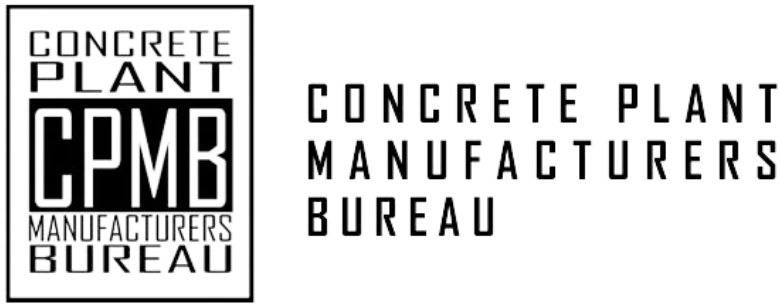FAQs
Have questions about concrete plant, controls, plant mixer and air quality equipment, its uses, or the industry in general? Look below — perhaps your answer is there. If not, please contact us and we will do our best to provide you with an answer that will satisfy your needs.
Don’t feel bad. These terms are often misused in the push to convert the construction industry to metrics. The confusion stems from an illogical switch of terms. Logic suggests that a “hard” conversion would be an exact conversion, while a “soft” conversion would be approximate. NOT SO! The opposite is true. So these are the definitions we must live by:
Soft metric conversion – this is an exact or nearly exact conversion of U.S. Customary (inch-pounds) measurements to the metric equivalent by multiplying by a metric conversion factor and rounding to a practical level of precision. This means the physical dimensions of a product remain unchanged. A good example is batch plant literature that shows inch-pound measurements with metric equivalents in parentheses.
Hard metric conversion – after a soft metric conversion, a similar but rounded rationalized metric number that’s convenient to work with and remember, or where appropriate, to fit the product into an internationally recognized modular product, is used. This means the physical dimensions of a product are changed. Often times hard conversion is preferred to get rid of the undesirable odd metric values of soft conversion. Examples of hard conversion are brick, concrete block, plywood and other building products.
CPMB, in its metric standards, has used hard conversion to establish metric equivalents. It’s not an exact conversion, but it agrees with international ratings and standards.
Long hauls (distance and/or time) can drastically affect the cost per cubic yard of delivered ready mixed concrete. How then can you reduce the length of haul for remote jobs and at the same time be more competitive and increase your profit margin?
Assuming the remote area will not support a permanent plant operation, the best solution is a mobile plant that can be quickly set up and easily moved between jobs. Job site batching with a mobile plant has the following advantages:
1. It will reduce the delivery cost per yard and increase your overall profit per yard.
2. Shorter hauls that avoid heavy city traffic will extend the life of your truck mixers with less wear and maintenance and also reduce your capital investments in truck mixers for any one job.
3. It will improve your ability to serve remote customers by using a fewer truck mixers on large concrete jobs.
4. You can better serve your local regular customers from your base plant without the interruption caused by long hauls.
5. A mobile batch plant can be a very cost-effective means to develop a new market area prior to establishing a permanent installation.
6. A mobile batch plant can be a valuable asset to your base operation. When available, it can easily be set up in your main hard-to-serve locations as a backup to your base plant in case of a major breakdown, overhaul, rebuild or maintenance situation.
7. When set up in your main yard, a mobile plant can supplement your base plant to handle daily peak periods of production during your busy season.
8. The resale value for mobile plants is much higher than for stationary plants.
Drum liners are a real value. Most manufacturers of urethane drum liners will warrant the liners on a prorated basis for 750,000 cubic yards. In addition to the long wear life, drum liners reduce buildup of hard concrete. Buildup on a steel-lined drum requires daily cleaning. Polyurethane-lined drums generally require only weekly cleanout. These liners also have a low coefficient of friction – this results in lower amperage drawn to turn the loaded mixer.
To sum up, if you utilize polyurethane drum liners, you should see a reduction in both maintenance and energy costs.

